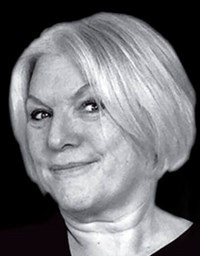Events
The Royal Marsden: Acute Oncology Study Days
London, UK
Scottish Urological Society Meeting
Inverness, UK
RSM Urology ST3 Mock Interview Course
London, UK
RSM (Royal Society of Medicine) Urology ST3 Mock Interview Course
London, UK
These mock interviews are designed to prepare candidates for the upcoming urology national selection interviews in March 2026. The course will be run as a one day, in-person course where each delegate will have the opportunity to complete a full...
Coloplast: Neurogenic Bladder and Bowel Masterclass (Birmingham)
Birmingham, UK
@09.30 am - 04.30 pm
(NUGA) Nordic Urogynecological Association
Helsinki, Finland
NUGA is a none profit committee of urogynecologists from all Nordic countries. The purpose of NUGA is to organize and plan bi-annual meetings in the Nordic countries for urogynecologists and other healthcare workers emphasising the latest updates in the field of urology and urogynecology.





